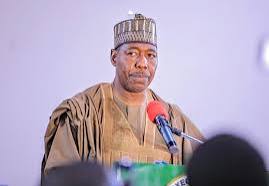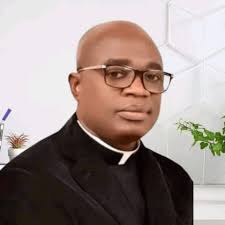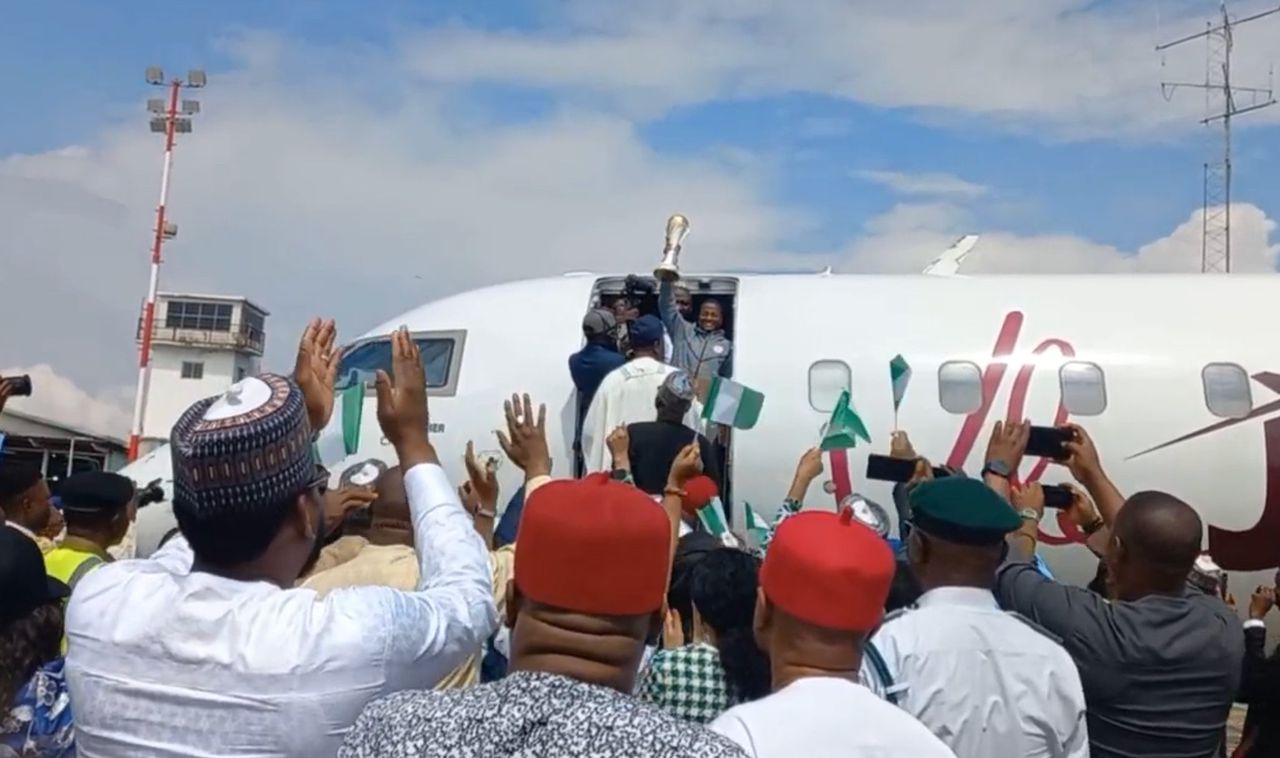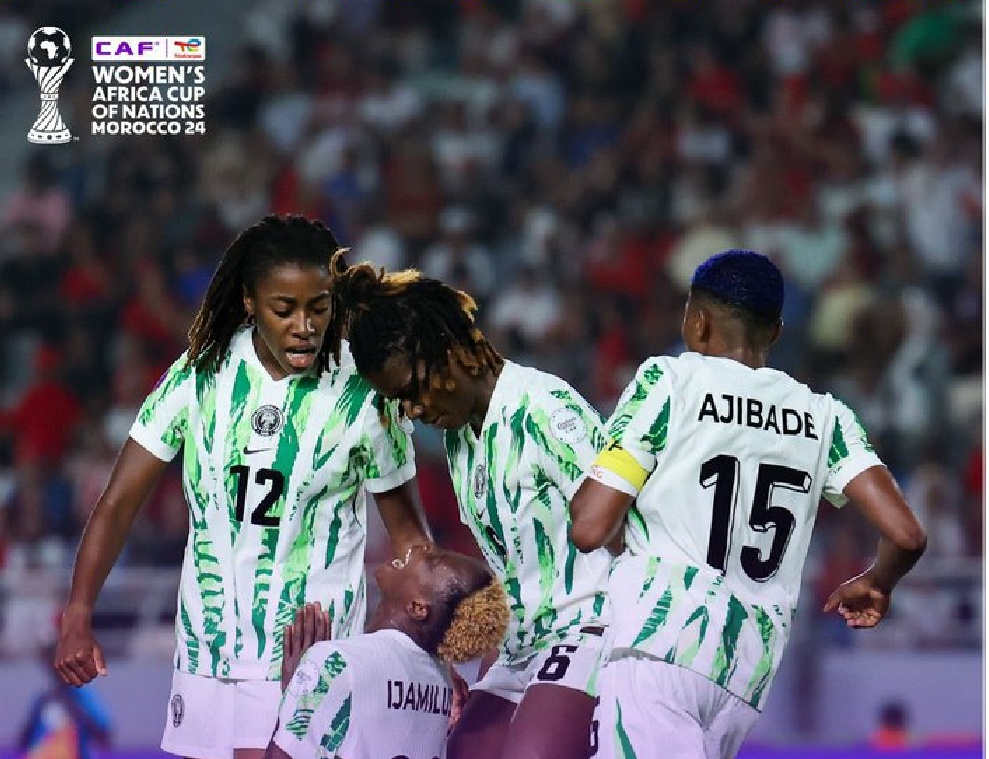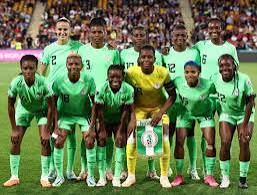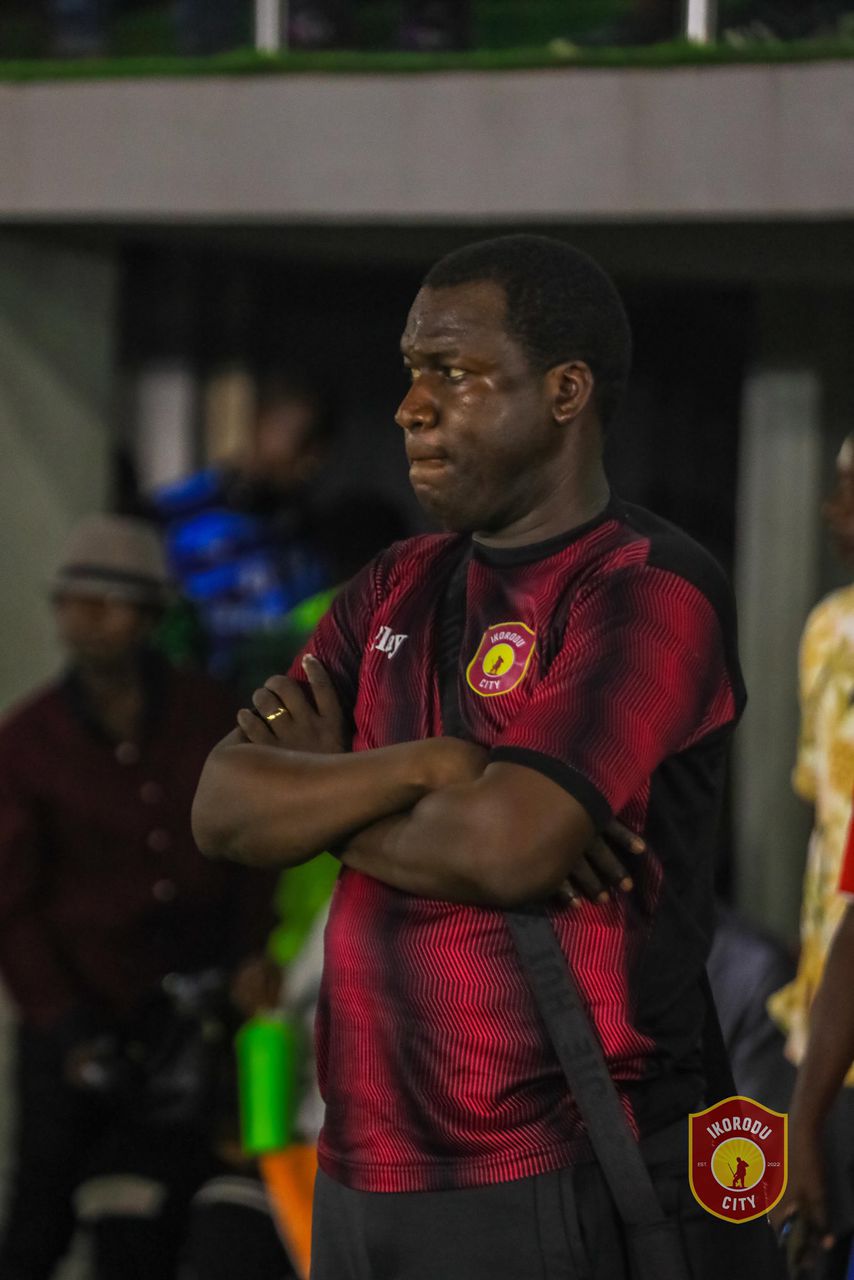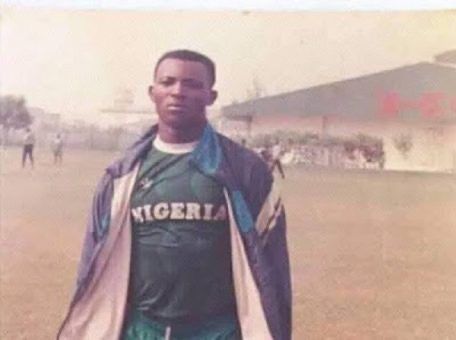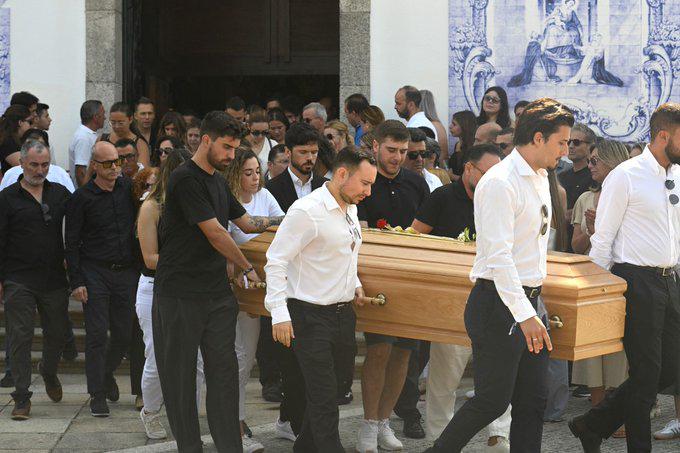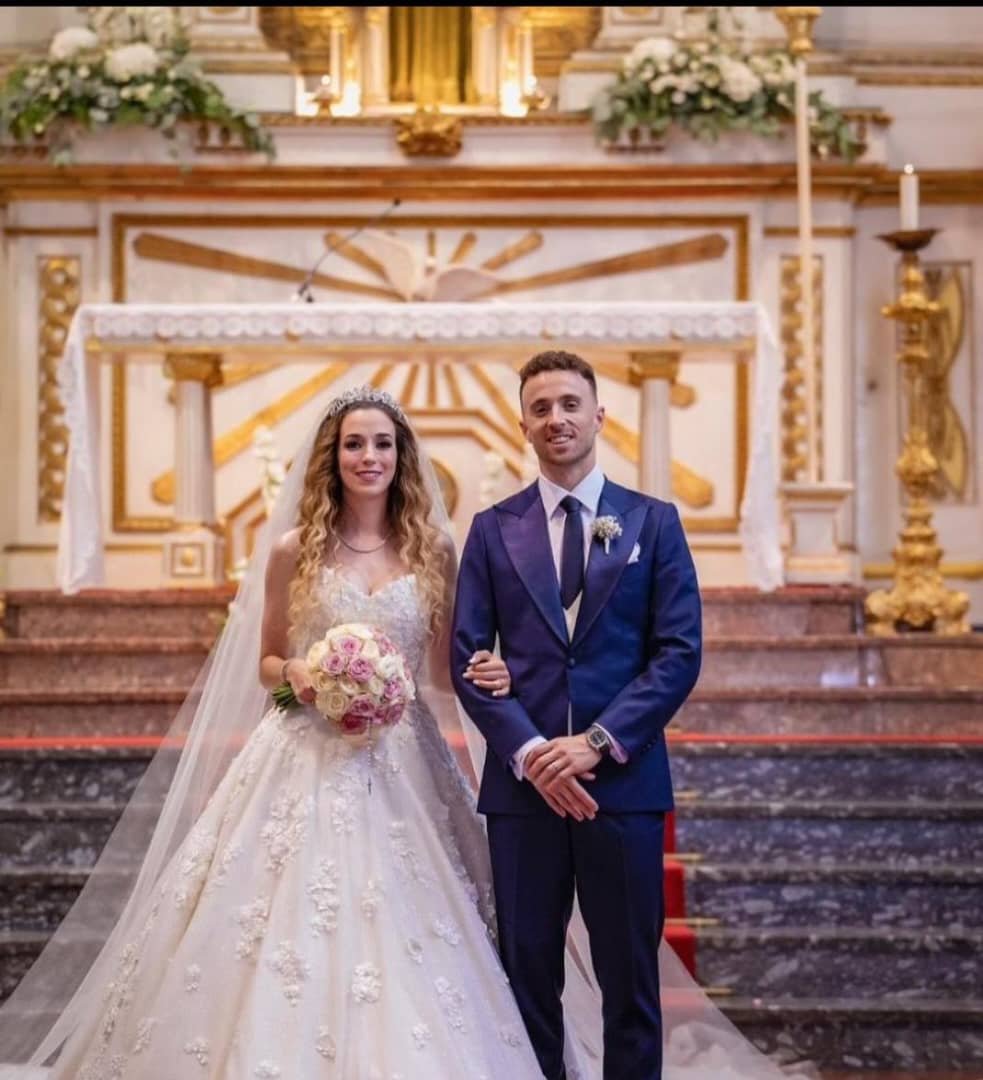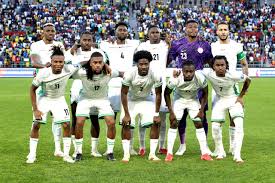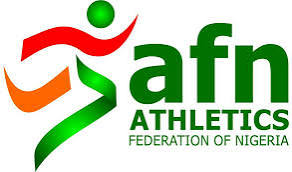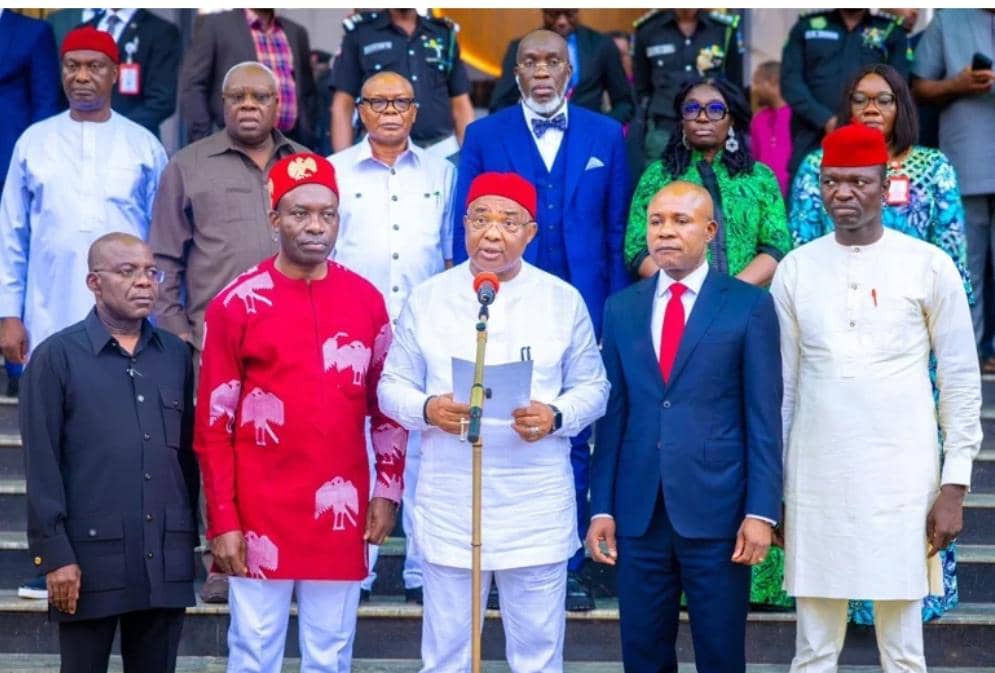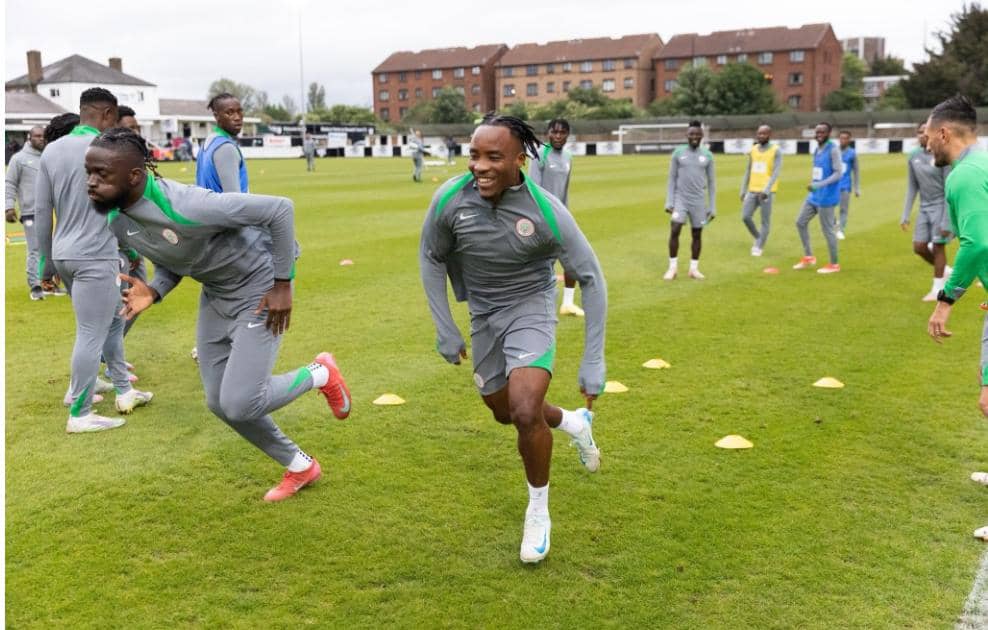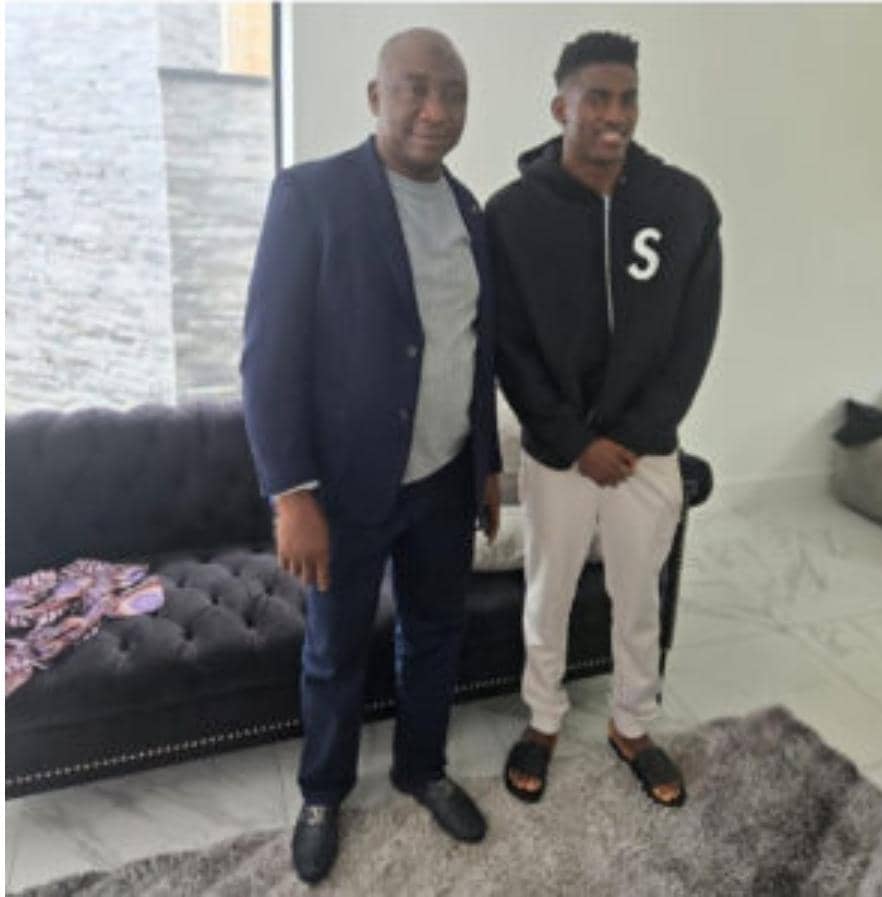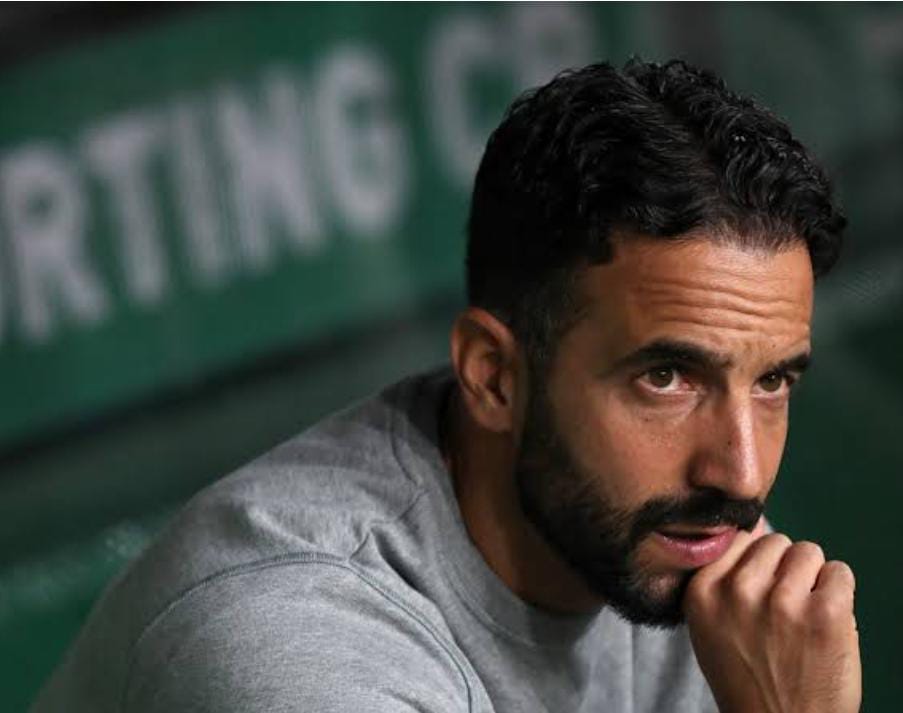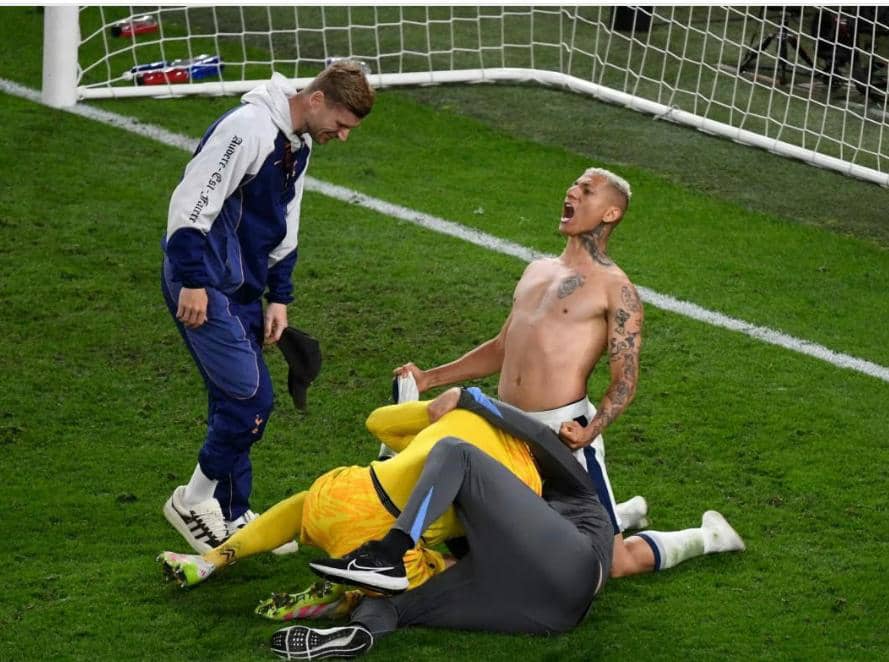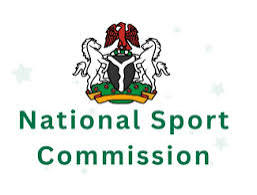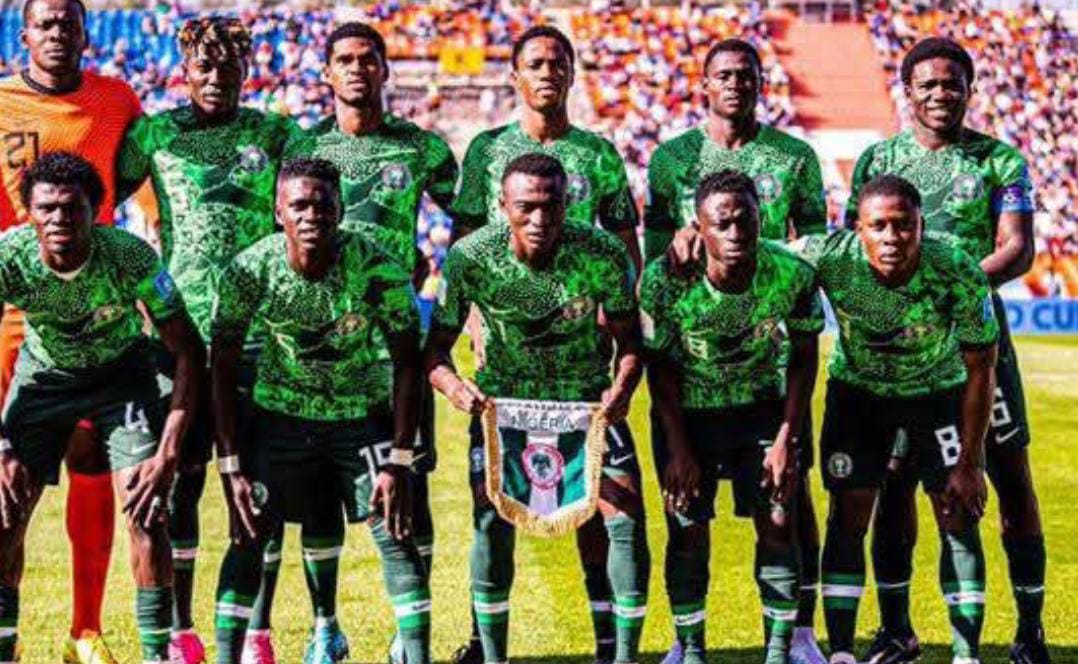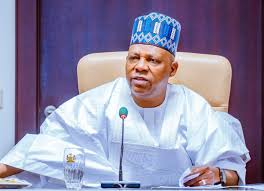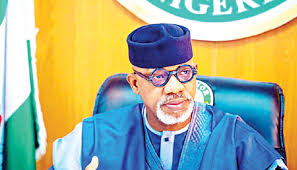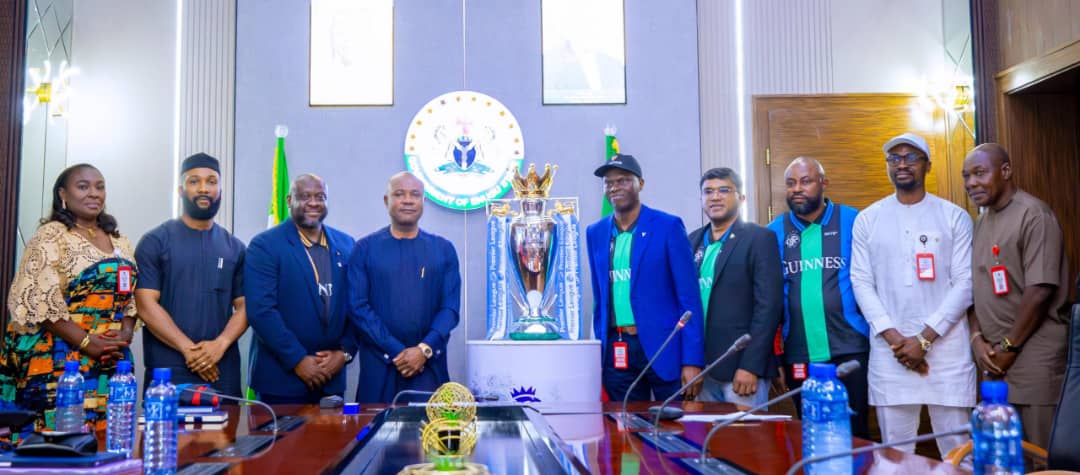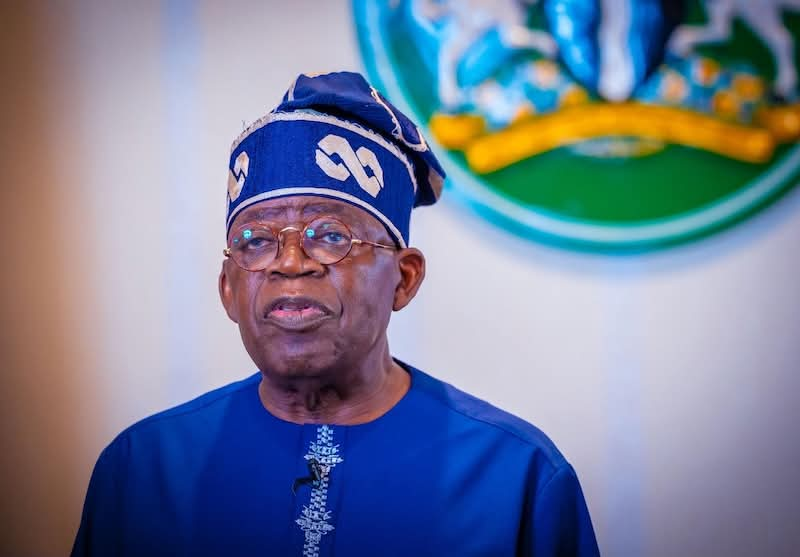
Socio-Economic Rights and Accountability Project (SERAP) and four concerned Nigerians have sued President Bola Tinubu over his failure to publish the report of the forensic audit carried out on the Niger Delta Development Commission (NDDC).
SERAP, in a statement by its Deputy Director, Kolawole Oluwadare, said the group, alongside four concerned Nigerians, dragged President Tinubu before the ECOWAS Community Court of Justice in Abuja for allegedly attempting to shield some high-ranking officials and politicians who were indicted in the case of the missing N6 trillion from the commission between 2001 and 2019.
The four concerned Nigerians in the suit are: Prince Taiwo Aiyedatiwa; Chief Jude Igbogifurotogu Pulemote; Ben Omietimi Tariye; and Princess Elizabeth Egbe.
The suit was filed on behalf of SERAP and the four concerned Nigerians by their lawyers, Kolawole Oluwadare, Kehinde Oyewumi and Andrew Nwankwo.
In 2019, former president Muhammadu Buhari ordered a thorough audit of the regional agency’s account in response to allegations of financial decadence against it.
In his recent interview on Channels Television, FCT Minister Nyesom Wike accused Dame Judith Amaechi, wife of former Rivers Governor Rotimi Amaechi, of using a shell company to collect N4 billion for a year for purportedly “training Niger Delta women”. Wike then asked the president to release the 2019 forensic report of the NDDC’s finances.
In the suit number ECW/CCJ/APP/35/25 filed last Friday before the ECOWAS Community Court of Justice in Abuja, the plaintiffs are seeking: “a declaration that the failure of the Nigerian government to publish the NDDC forensic report amounts to a fundamental breach of the country’s international human rights obligations.”
The plaintiffs are seeking “an order directing and compelling the Nigerian government to publish and ensure access to information to the NDDC forensic report which has been submitted to the government but remains shrouded in secrecy.”
The plaintiffs are also seeking “an order directing and compelling the Nigerian government to adopt and ensure effective measures to address transparency and accountability gaps in the spending of public funds budgeted for the NDDC.”
In the suit, the plaintiffs are arguing that, “The Nigerian government has violated our right to know the truth about the corruption allegations documented in the NDDC forensic report. The obstruction of the publication of the report is perpetrating impunity and the cover-up of the allegations documented in the report.”
The plaintiffs are also arguing that, “Implicit in freedom of expression is the public’s right to open access to information and to know what governments are doing on their behalf, without which truth would languish and people’s participation in government would remain fragmented and illusory.”
The plaintiffs are arguing that, “The Nigerian government has failed and refused to publish the NDDC forensic report and has failed to provide any reasons or grounds for withholding the report from the plaintiffs and the Nigerian public.”
According to the plaintiffs, “The Nigerian government has the legal obligations to guarantee and ensure transparency and access to information regarding the NDDC forensic report as a component of the right to seek, receive, and impart information of all kinds.”
The suit read in part, “There is an overriding public interest in the publication and disclosure of the NDDC forensic report.
“The Nigerian government’s continuing failure to publish the NDDC forensic report denies the plaintiffs the ability to truly study the report and hold the government to account, as well as damages the rule of law and violates the plaintiffs’ other rights.
“The information sought is not classified information for reasons of national security, as the NDDC forensic report relates to issues of transparency, accountability and human rights, which are covered under the African Charter on Human and Peoples’ Rights and the International Covenant on Civil and Political Rights.
“Access to public information is a fundamental human right protected by Article 9 of the African Charter on Human and Peoples’ Rights and Article 19 of the International Covenant on Civil and Political Rights, which require the Nigerian government to respect, promote and ensure it. Nigeria has ratified both human rights treaties.”



